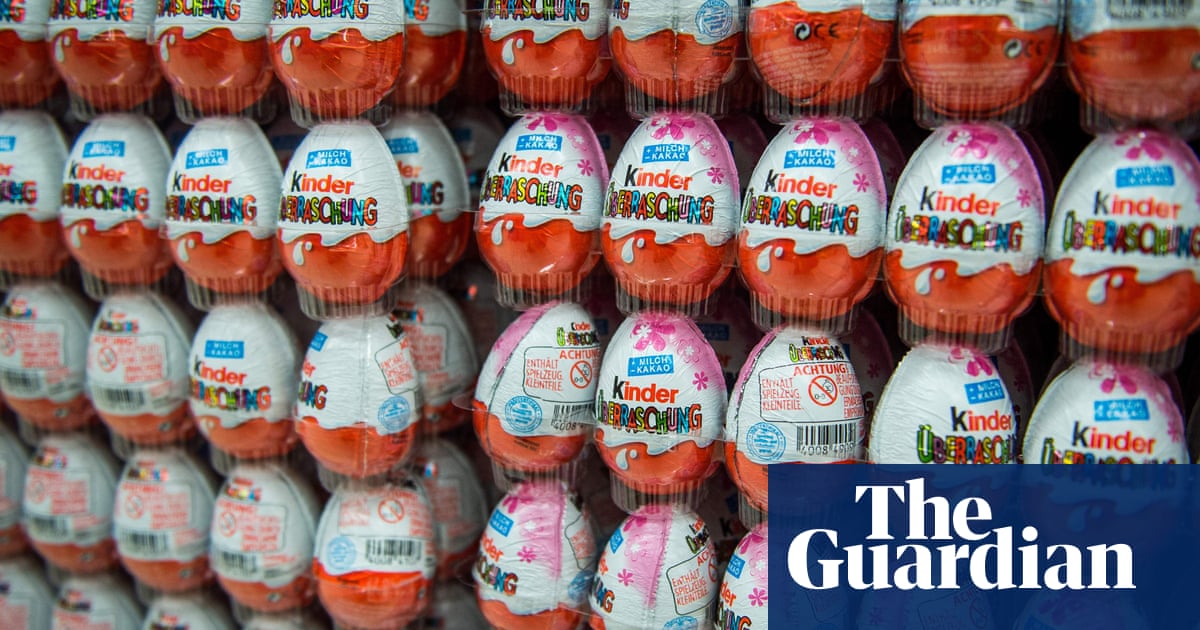
Food and drink manufacturers have pleaded with the prime minister to meet them to discuss alternatives to far-reaching plans for a total ban on online junk food advertising.
Proposals unveiled to tackle the growing obesity crisis were so broad “they even capture family favourites from chocolate to peanut butter to sausage rolls”, Boris Johnson was told in a letter by representatives of more than 800 manufacturers and 3,000 brands including Mars and Kellogg’s.
Pleading for more time to respond to a consultation, the companies said they had been an indispensable part of “feeding the nation” during the pandemic and were still braced for the possibility of a no-deal Brexit. The plans, unveiled this month, would disproportionately hit small- and medium-sized enterprises, they claimed.
“Is it really the government’s intention that a local wedding cake business, for example, would not be able to share product details on its Instagram account in order to grow its sales?” the letter writers asked.
The sheer volume of critical work facing food companies in the next few weeks as Brexit loomed meant they cannot give the consultation the resource it demanded, added the letter, written from the Food and Drink Federation (FDF), as well as the UK Hospitality and the Advertising Association.
It concluded: “We also ask for the opportunity to meet with you and the No 10 health policy team once resource on both sides allows, to discuss alternative approaches that could be considered, which would achieve the government’s aim of reducing child exposure to advertising, without imposing complete bans across the internet and other unnecessary restrictions.”
Health campaigners have welcomed the proposed ban, which is subject to a six-week consultation. The restrictions would go much further than proposals in the summer, and would affect foods deemed to be too high in fat, salt and sugar.
But a range of foods, from avocados and marmite to jam and cream, could be caught alongside what is viewed as traditional “junk food”.
The tougher-than-expected rules came after Johnson changed his own view on personal health decisions following his coronavirus infection this year. Overweight people are at risk of more severe illness from Covid-19, or death. Research has found that one in three children leaving primary school are overweight or obese, as are almost two-thirds of adults in England.
The letter to Johnson said that the food and drink industry agree that products high in fat, salt or sugar should not be targeted at children. It accused the government of disregarding submissions that advertisers used sophisticated online tools to aim their advertisements at adult audiences.












